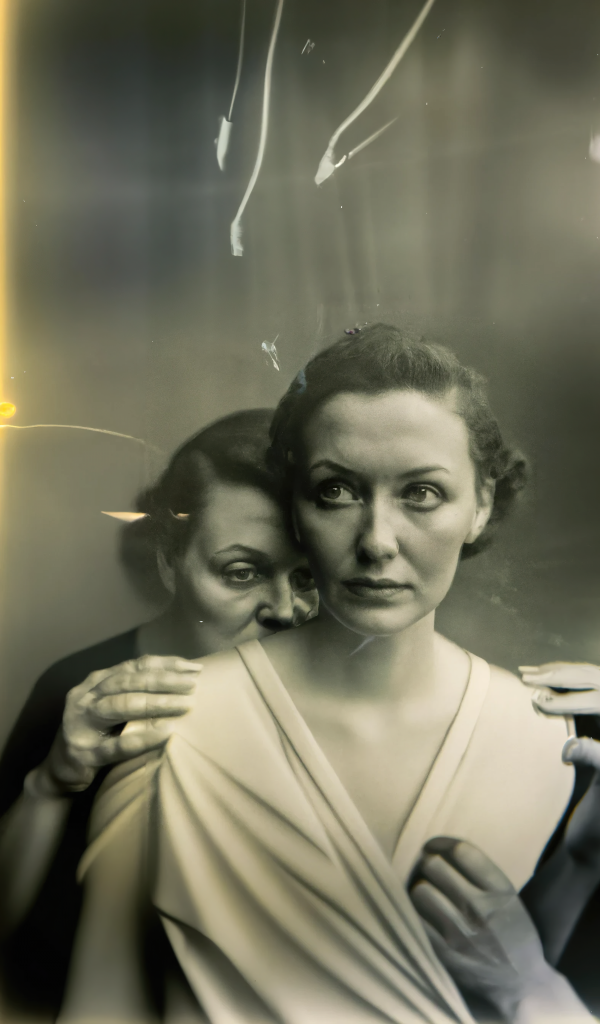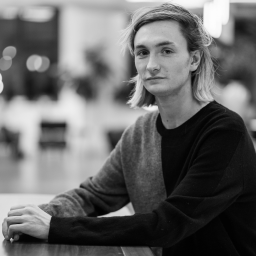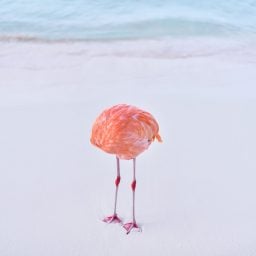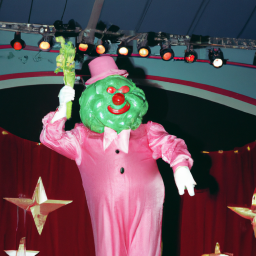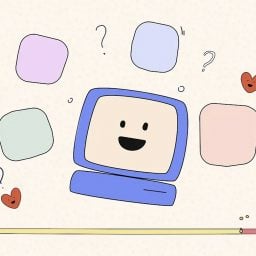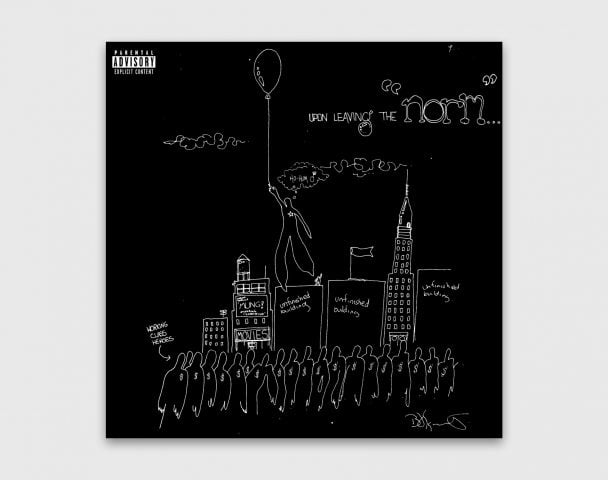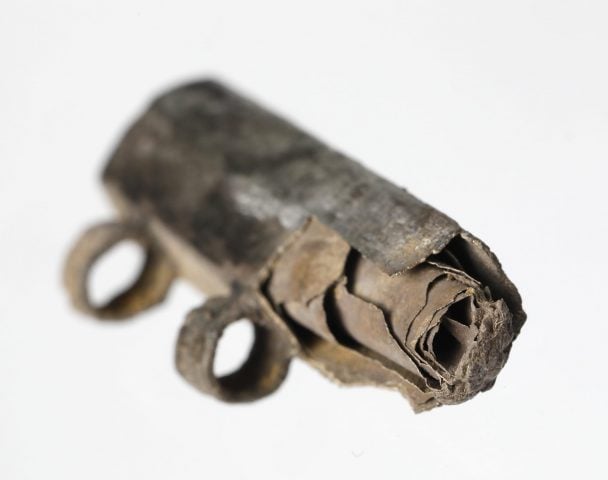If at first you succeed, try and try again to fail. This is the perverse lesson that has emerged from Boris Eldagsen’s attempt to refuse a prestigious photography award he won with an image he created by using A.I. image generator DALL-E 2.
Concerned by the unchecked proliferation of A.I.-generated images, Eldagsen, a veteran Berlin-based photographer, devised a test: to submit generated images to leading photography prizes, including the 2023 Sony World Photography Awards (SWPA). He would disclose his use of A.I. (unlike the artist who took home an award at a Colorado State Fair for his A.I. artwork), and see if the judging panels were discriminating between real photography and A.I. works.
It turns out SWPA wasn’t, and Eldagsen’s months-long exchange with the competition only deepened his alarm.
Eldagsen’s The Electrician (2022), a ghostly image styled on the psychological portraits of Robert Ballen and part of his “Pseudomnesia: Fake Memories” series, won SWPA’s open Creative category, a prize that came with $5,000 cash, Sony camera gear, and a trip to London to attend the awards ceremony. Eldagsen has been experimenting with A.I. images for more than a year and finesses word prompts before refining created images using in-painting and out-painting techniques.
When Eldagsen received the congratulatory email in February, he responded by proposing a panel to discuss the problems posed by A.I.-generated images in art and journalism. Sony disagreed and continued to offer him the award despite his insistence that it be given to someone else. A similar exchange followed with the organizer Creo Arts.
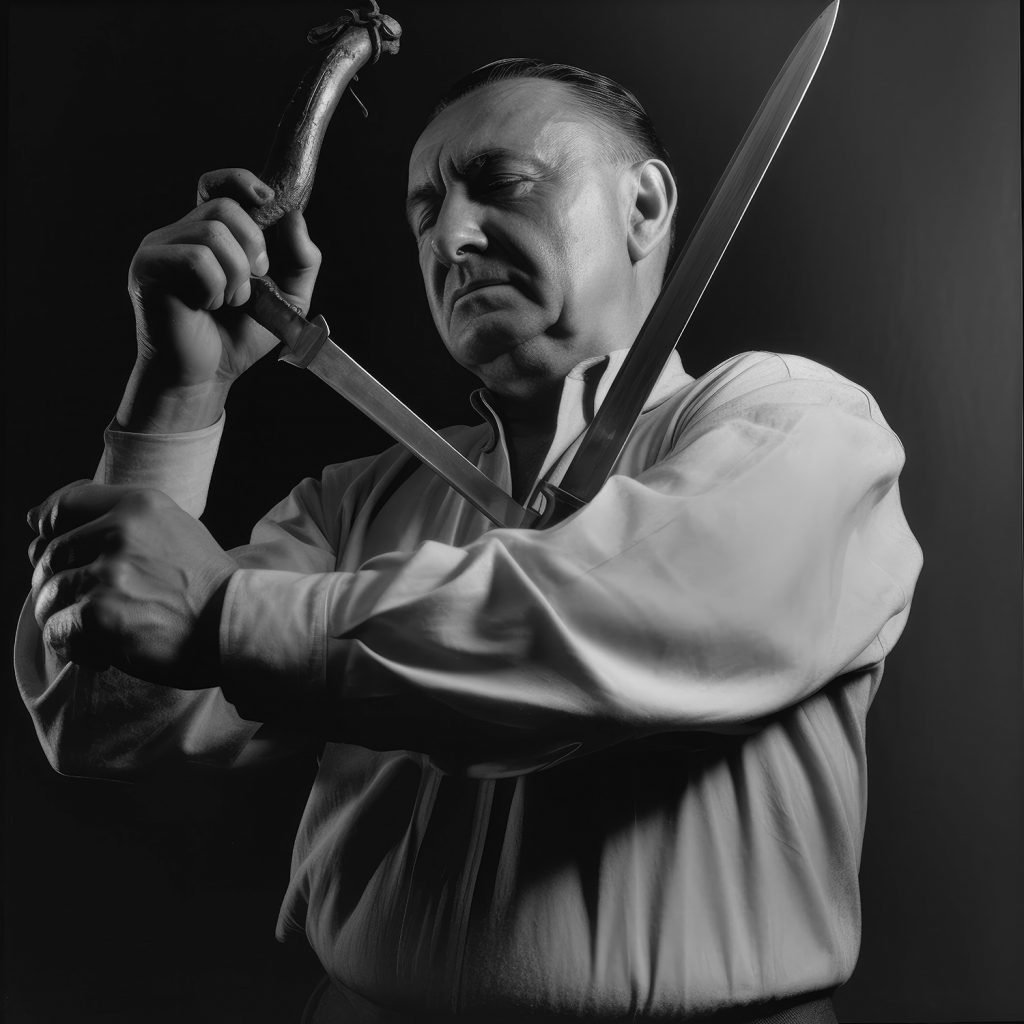
Boris Eldagsen, The Memory (2022), part of the photographer’s “Pseudomnesia” series. Photo courtesy Boris Eldagsen.
Nonetheless, Eldagsen was publicly listed among the finalists on March 14. A month later, the photographer refused the award, as first reported by PetaPixel.
“I applied as a cheeky monkey,” he wrote in a statement on his website. “We, the photo world, need an open discussion. A discussion about what we want to consider photography and what not.”
Next, Eldagsen attended the awards ceremony in London. He paid for his flight, hotel, and tuxedo rental, and politely gatecrashed the stage to deliver his statement on A.I. images in person. The response was muted and the show continued with seemingly no reaction from SWPA or Creo Arts. Only later did he find his work had been removed from the website and exhibition.
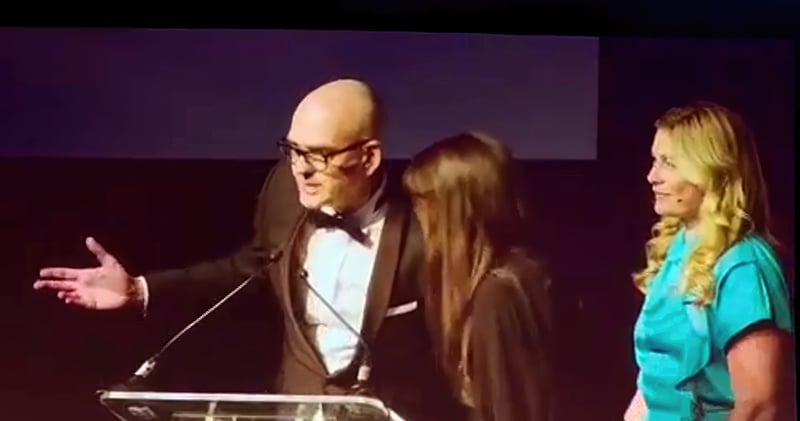
Eldagsen on stage at the London SWPA ceremony. Photo: Petra Gerwers.
Despite the experience, Eldagsen is hoping the controversy will spark further conversation.
“The first step would be to come up with a new terminology for A.I.-generated images,” Eldagsen told Artnet News, proposing the term “promptography.” “The second step is to have separate categories for ‘promptography,’ and the third is for the photo community to discuss if ‘promptography’ fits under the umbrella of photography.”
Update: The Sony World Photography Award has provided us with a statement clarifying its position on Boris Eldagsen’s entry into the open competition. It is reprinted in full below.
During our various exchanges with Boris Eldagsen ahead of announcing him as the Creative category winner in the Open competition on March 14, he had confirmed the “co-creation” of this image using A.I. In our correspondence he explained how following “two decades of photography, my artistic focus has shifted more to exploring creative possibilities of A.I. generators,” and further emphasized the image heavily relies on his “wealth of photographic knowledge.” As per the rules of the competition, the photographers provide the warranties of their entry.
The Creative category of the Open competition welcomes various experimental approaches to image making from cyanotypes and rayographs to cutting-edge digital practices. As such, following our correspondence with Boris and the warranties he provided, we felt that his entry fulfilled the criteria for this category, and we were supportive of his participation. Additionally, we were looking forward to engaging in a more in-depth discussion on this topic and welcomed Boris’s wish for dialogue by preparing questions for a dedicated Q&A with him for our website.
As he has now decided to decline his award, we have suspended our activities with him and in keeping with his wishes, have removed him from the competition. Given his actions and subsequent statement noting his deliberate attempts at misleading us, and therefore invalidating the warranties he provided, we no longer feel we are able to engage in a meaningful and constructive dialogue with him.
We recognize the importance of this subject and its impact on image-making today. We look forward to further exploring this topic via our various channels and programs, and welcome the conversation around it. While elements of A.I. practices are relevant in artistic contexts of image-making, the Awards always have been and will continue to be a platform for championing the excellence and skill of photographers and artists working in the medium.
